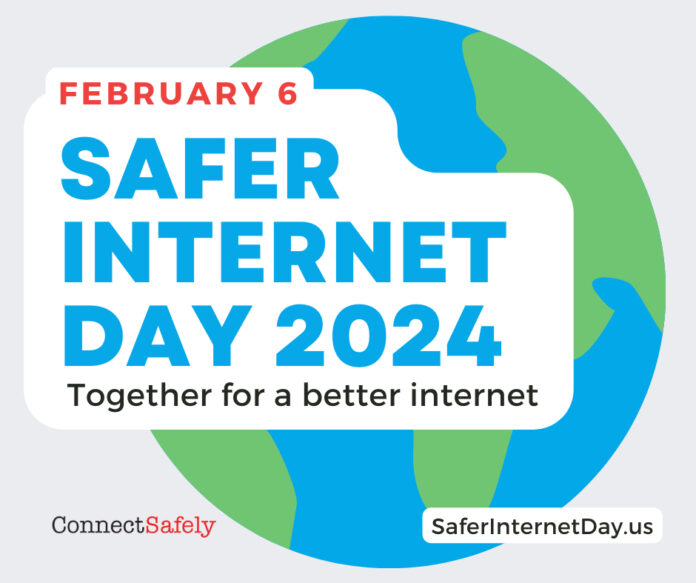Preliminary research findings released on Safer Internet Day revealed that children are regularly interacting with strangers online and want tech companies and governments to do more to keep them safe.
The insights come from a study conducted by the Young&Resilient Research Centre at Western Sydney University and Save the Children, which was funded by the Tech Coalition Safe Online Research Fund.
Workshops were conducted with 597 children and young people between the ages of 9 and 16 from various countries including Australia, Cambodia, Finland, the Philippines, Kenya, South Africa, and Colombia to understand their thoughts and experiences regarding their online interactions.
The ‘Protecting Children from Online Grooming’ study found that children primarily rely on their intuition and background checks rather than seeking help from trusted adults to manage their online interactions with strangers. Even though children are more often abused or exploited online by people they know, the internet creates additional opportunities for unmet individuals to engage with them.
The research also revealed that children are cautious when interacting with unknown individuals online, with 86% approaching them with caution. However, despite this wariness, children are three times more likely to ignore or decline inappropriate or unwanted requests rather than report or block them.
Moreover, the study showed a disparity between children from high and low-income families regarding how they protect themselves from unwanted online contacts. It was found that children from high-income families were twice as likely to use privacy settings to shield themselves from unwanted interactions compared to children from low-income households.
When it comes to seeking help for online safety, more than half of the children were likely to speak to their parents rather than teachers or the police. Additionally, children believe that tech companies should be doing more to protect them from unknown individuals online, including verifying accounts, in-app education, and enforcing age restrictions.
The findings also emphasized the critical role of governments in holding tech companies accountable and aligning laws and policies with the constantly evolving digital landscape.
Save the Children’s Global Director of Child Protection, Steve Miller, emphasized that creating a safe digital environment for children requires collaboration between children, parents, governments, tech companies, and educators.
Co-Director of the Young and Resilient Research Centre at Western Sydney University, Amanda Third, highlighted the need to listen to children and act on their insights, as they are growing up online and need support to navigate the constantly changing digital landscape.
The study’s findings shed light on the urgent need for more safety measures from tech companies and governments to protect children online. As children increasingly engage in online activities, their safety and well-being must be a top priority for all stakeholders involved.

